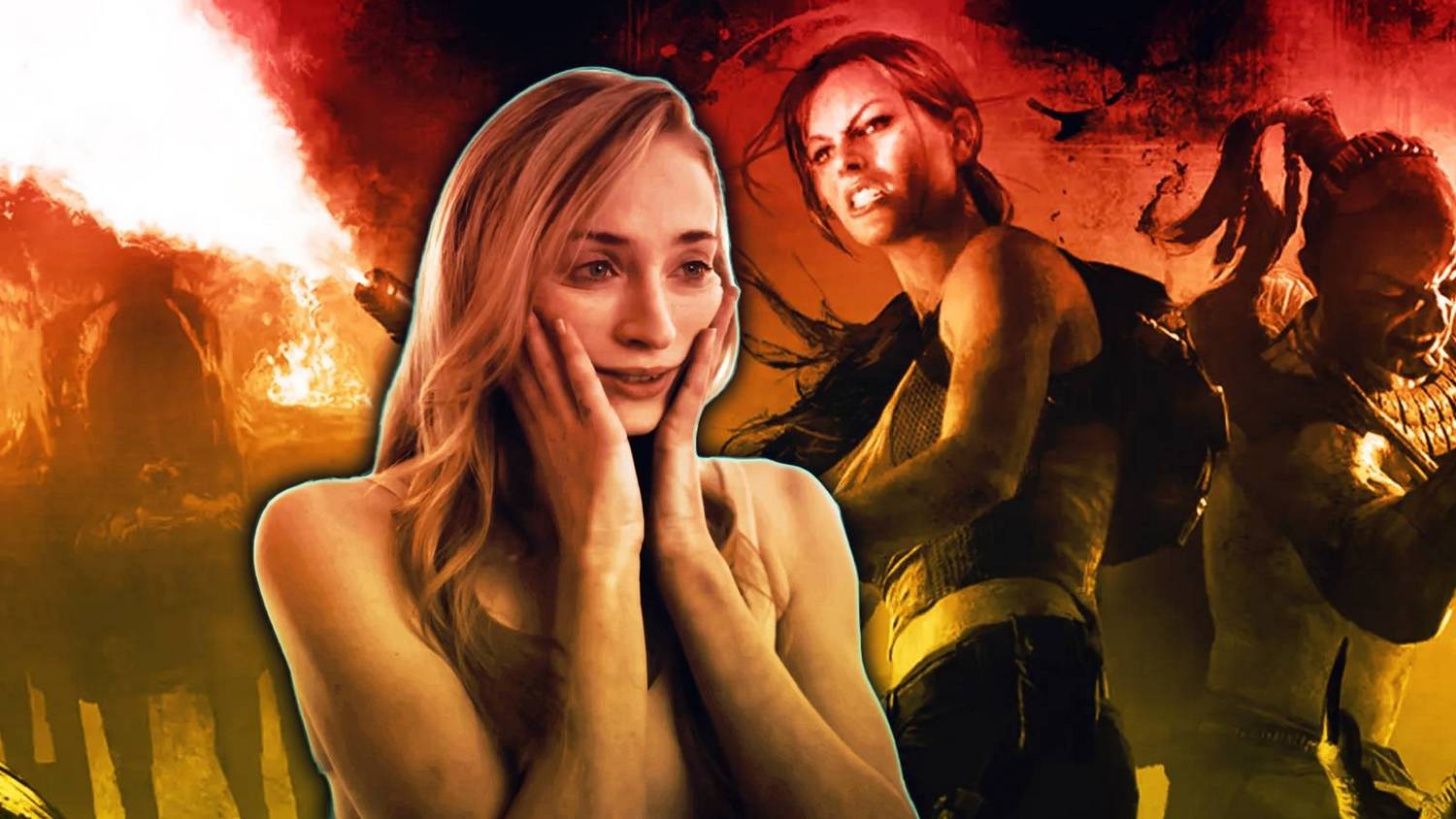The Predictable Fury: Why Video Game Movie Casting Controversies Are Inevitable
Popular Now
 NBA 2K24
NBA 2K24
 Warframe
Warframe
 Auto X Drift Racing 3
Auto X Drift Racing 3
 BeamNG.drive
BeamNG.drive
 Black Myth: Wukong
Black Myth: Wukong
 Toca Boca World
Toca Boca World
 CarX Street
CarX Street
 Among Us
Among Us
 R.E.P.O
R.E.P.O
 Minecraft
Minecraft 
In a world where every new film or series announcement is met with immediate, unfiltered public scrutiny, it’s no surprise that the live-action casting of beloved video game characters has become a reliable source of internet outrage. The recent fan furor over the rumored casting of a new live-action Zelda movie is a perfect case study. Whether it’s the race, gender, or perceived “fit” of an actor, a vocal segment of the fanbase almost always erupts in protest. While some of these reactions stem from genuine passion for the source material, a significant portion is a byproduct of the modern media landscape, fueled by a sense of ownership over these iconic characters. This isn’t a new phenomenon; it’s a predictable cycle of anticipation, outrage, and eventual acceptance that we have seen play out time and time again.
 The Illusion of Ownership and the Parasocial Bond
The Illusion of Ownership and the Parasocial Bond
The intensity of the backlash against casting choices can be traced back to the unique relationship players have with video game characters. Unlike a movie character, whom we simply watch, a video game protagonist is an avatar we inhabit. We make their decisions, we feel their triumphs and failures, and we spend dozens, if not hundreds, of hours in their digital skin. This deep level of immersion and personal investment creates a powerful parasocial relationship—a one-sided bond that feels deeply personal and real. When a studio announces a live-action adaptation, fans feel an almost proprietary right to have their personal vision of the character brought to life. A real-life actor, no matter how talented, can never fully match the idealized version that exists in millions of different players’ minds.
This sense of ownership is further exacerbated by the rise of social media, which gives every fan a platform to air their grievances. Hashtags like “#NotMyZelda” and “#NotMyJade” become rallying cries, creating a feedback loop where negativity is amplified. What might have once been a quiet complaint among friends becomes a viral movement, creating an illusion of widespread consensus that often doesn’t exist. This online echo chamber reinforces the most extreme opinions, drowning out more measured and reasonable voices. The result is a cycle of outrage that is not only predictable but also performative, with many participants more interested in being part of the “discourse” than in the actual quality of the final product.
 Beyond the Outrage: The Unseen Benefits of Casting
Beyond the Outrage: The Unseen Benefits of Casting
While the initial reaction to a casting choice can be overwhelmingly negative, history has shown that these decisions often lead to incredible results. The initial backlash against Heath Ledger as the Joker in The Dark Knight or the recasting of Ben Affleck as Batman was fierce, but both actors delivered iconic, career-defining performances. Similarly, the initial fan complaints about the casting of Robert Pattinson as Batman were proven to be unfounded after the release of The Batman. The same holds true for video game adaptations. While some fans were skeptical about Jack Black as Bowser in The Super Mario Bros. Movie, his performance was widely hailed as one of the highlights of the film. Similarly, Tati Gabrielle’s casting as Jade in the upcoming Mortal Kombat 2 has been defended by directors who have seen her performance, urging fans to wait and judge the final product. The choice of a well-known actor is often a savvy business decision, drawing in a broader audience and lending a project legitimacy it might not otherwise have. Keanu Reeves in Cyberpunk 2077 is a prime example of this, as his presence generated a massive amount of mainstream press and helped to sell a staggering number of pre-orders.
Ultimately, the latest round of casting controversies is just another chapter in a long history of knee-jerk fan reactions. It’s a testament to the emotional power of video games, but also a reminder that the loudest voices don’t always represent the majority. True fans will reserve judgment until the finished product is released, and for good reason: sometimes the best casting choices are the ones you never saw coming.










 The Illusion of Ownership and the Parasocial Bond
The Illusion of Ownership and the Parasocial Bond Beyond the Outrage: The Unseen Benefits of Casting
Beyond the Outrage: The Unseen Benefits of Casting